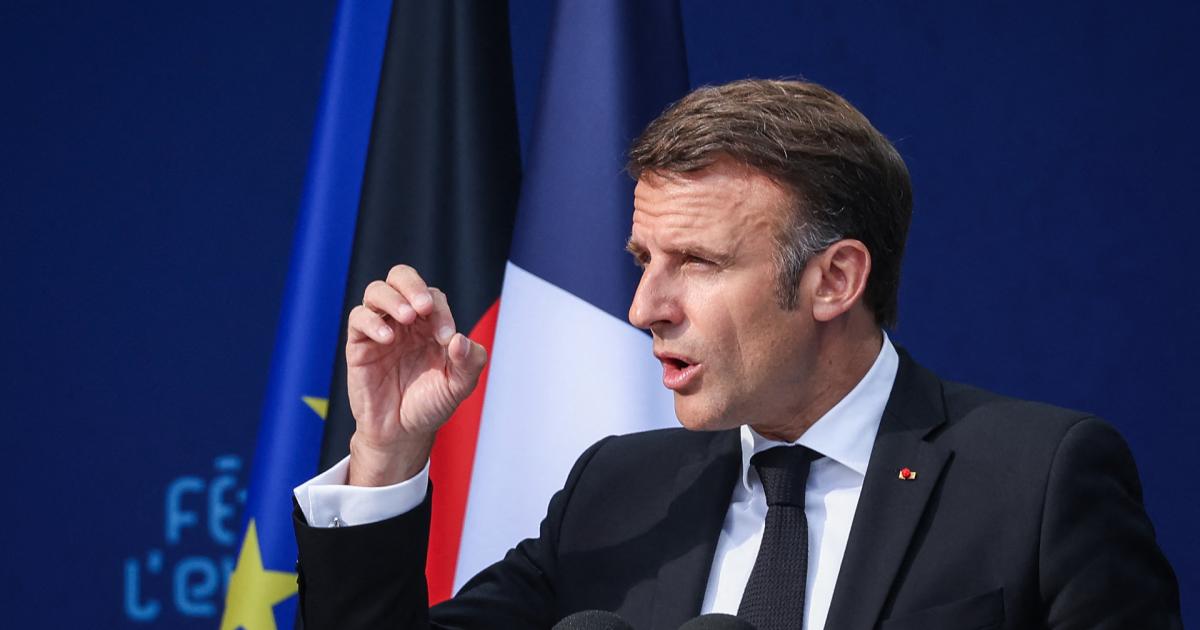In France, there is no new government on the horizon after the parliamentary elections.
After the defeat of President Emmanuel Macron's centrist camp, the victorious leftist coalition has so far failed to agree on a candidate for prime minister or find other partners for a governing parliamentary majority.
Efforts by the presidential camp to win over conservative Republicans, Socialists or other partners to form a grand coalition or tolerate a minority government have so far yielded no results.
At a meeting with senior representatives of his camp at the Elysee Palace, Macron expressed his regret for the “catastrophic spectacle” presented by his camp this week, Le Figaro and Le Parisien newspapers reported, citing participants.
The new left-wing coalition of the Greens, Socialists, Communists and the left-wing La France Insoumise has been insisting for days that the president quickly appoint a new prime minister from among its ranks. However, the internal search for candidates remains difficult. “We cannot reach an agreement between the proposals of La France Insoumise and the Socialists,” Communist leader Fabien Roussel was quoted as saying by the Figaro newspaper. Both parties are seeking dominance in the left-wing coalition.
According to information from the newspaper “Les Échos”, the Socialists want to put forward their leader Olivier Faure as a candidate in the confrontation, while the Left, despite naming several potential candidates, is primarily interested in installing their leader Jean-Luc Mélenchon as party president. Prime Minister. Thanks to his authoritarian and controversial actions, Mélenchon has now become a thorn in the side of many, even within his own party. But the old leftist strategist has not yet announced his withdrawal.
The newly elected National Assembly is due to meet next Thursday for its constituent session. If the former government camp does not find a way to secure power through a coalition, Macron will still accept Prime Minister Gabriel Attal’s resignation, which was initially rejected “for the sake of the country’s stability,” Le Figaro and Le Parisien reported.
Attal and his government team would then only be in office temporarily, but could not be ousted by a vote of no confidence.
Macron dissolved the National Assembly in June after his party’s crushing defeat in the European elections and called new elections. He focused on expanding his centrist forces’ relative majority in the lower house. Instead, his camp came in second behind the left-wing Alliance, ahead of Marine Le Pen’s National Rally, long considered the frontrunner in the election based on first-round results and opinion polls.

“Food practitioner. Bacon guru. Infuriatingly humble zombie enthusiast. Total student.”








More Stories
Kyiv: Russian Kursk offensive halted
US Presidential Election: Former US Government Officials Warn Against Donald Trump's Election
Netherlands wants to leave asylum system